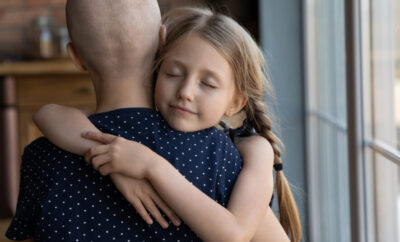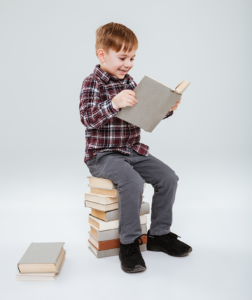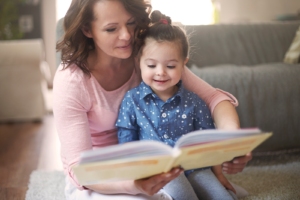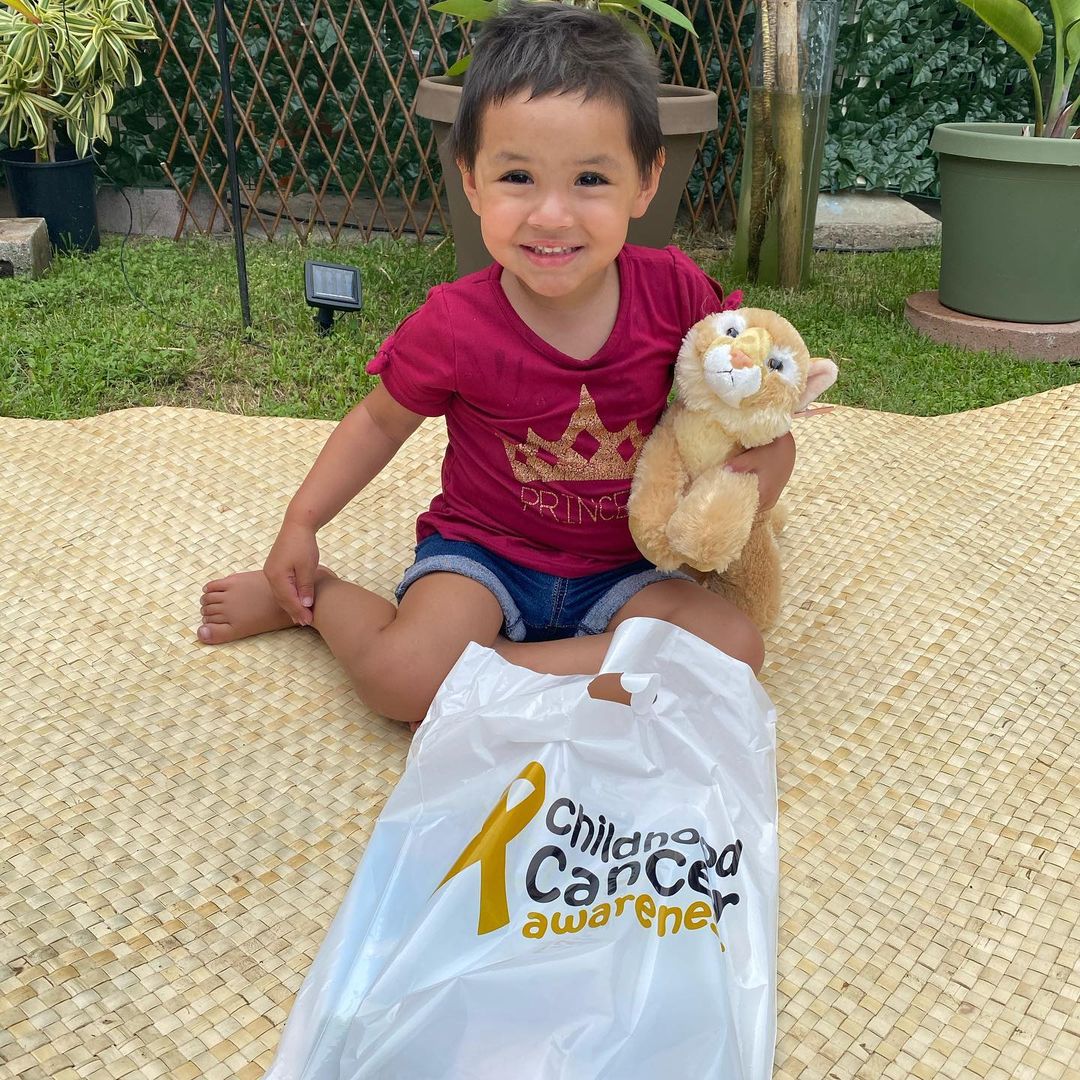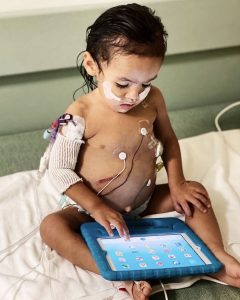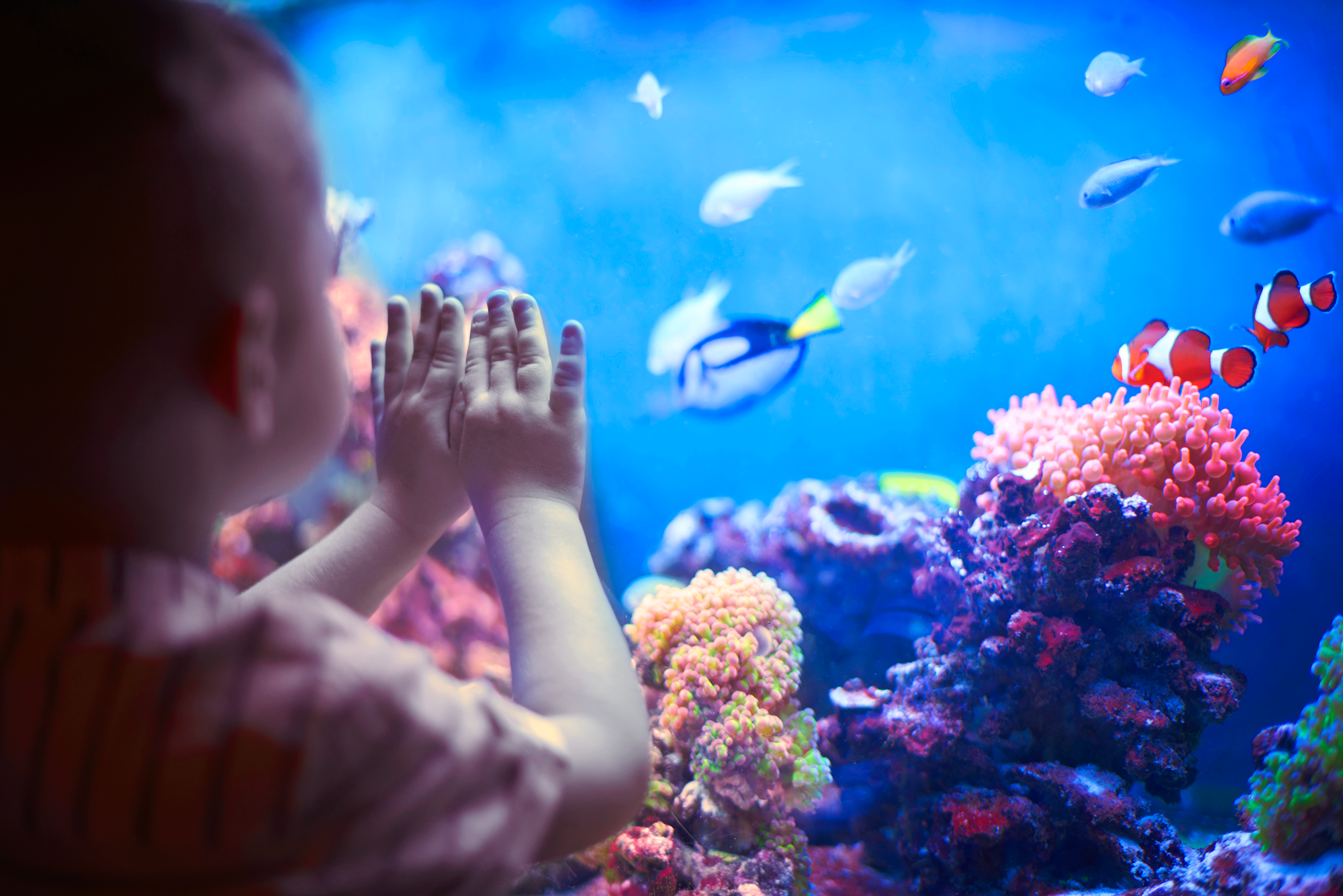
May your adventures bring you closer together, even as they take you far away from home.
-Trenton Lee Stewart-
‘There is a magical cave in the park, an almost hidden spot between the bushes next to the baseball field. Let’s explore it and find out what’s in it!’ This is a comment you usually hear among children, particularly the youngest ones. Of course, kids’ impulse for curiosity has always been present, but have you wondered how vital curiosity is for their development?
Let’s start by saying that curiosity is necessary for children’s brain development. Children are born with a natural tendency to explore, play and try to discover how the world works.
Click here to find out how important it is to play during childhood.
Children and Curiosity
Children have colossal imaginations, and some even create imaginary companions. Curiosity is a way of clarifying and matching their ideas and desires with the world.
Children adjust their imagination to find creative solutions to everyday problems as they discover more.
In the past, excessive imagination and curiosity might have been passed as a weakness, like in the study of Dr. Benjamin Spock titled ‘Common Sense Book of Baby and Childcare.’
However, recent studies have shown that higher degrees of imagination during childhood can lead to highly creative and productive adults.
It is also valuable to consider that our organization, Friends of Rick Daniels, provides storybooks to children needing emotional support. A book full of illustrations is a great resource to quench children’s curiosity and thirst for adventures.
We can also show how children and curiosity go together with storybooks. Our books also include educational lessons like counting, telling time, taking the bus, and returning home safely.

Manage curiosity, pros, and cons
Parents and Custodians must allow children to explore and encourage them to discover new mechanics around them.
There might be cases in which parents are troubled after watching what would be unreasonable behavior: like being loud for a long time, trying to hear an echo, or throwing something to the floor to see if it bounces as a ball would do.
The day-to-day mischief is children’s way of finding out how things work.
Some kids might feel discouraged after trying to perform an activity just as they saw on TV or online. Instead, motivate them to keep trying to achieve their goals.
Nevertheless, supervision here is the key. However, do not turn children’s safety into an excuse to block their development. Here you can see how to cultivate curiosity:

- Redirect discouragement: Some kids might feel discouraged after trying to perform an activity just as they saw on TV or online. Instead, motivate them to keep trying to achieve their goals.
- Ask them open questions: Ask their opinions on simple matters so they can feel listened to. Even better, if the matter has been related to one activity previously performed by the kid, he will feel even more motivated to participate in the conversation. Children and curiosity definitely go together.
- Take your kids to explore new places: the zoo, different parks, and the beach; their senses will receive new stimuli, and physical activity is always good for their bodies.
At the same time, avoid behavior that might block children’s curiosity, such as these:
- Cultivate courage, not fear: Avoid saying, ‘You are going to break it,’ ‘You do not know how to handle it,’ or ‘You are going to get hurt.’ Expressing carefulness is always good but remember that you also need to provide children their own space and the possibility to make mistakes.
- Be close to your children during their development: Children need parent figures. If you are not there to be one, the children will take it from somebody else. The presence of adults will also help them feel safe and encourage them to face challenges together until they feel ready to do them alone.
In this regard, showing them storybooks full of adventures and experiences about how knowledge is discovered and put to good use will stimulate their imagination and encourage them to overcome challenges. Find some here.
By Eduardo Guillen




